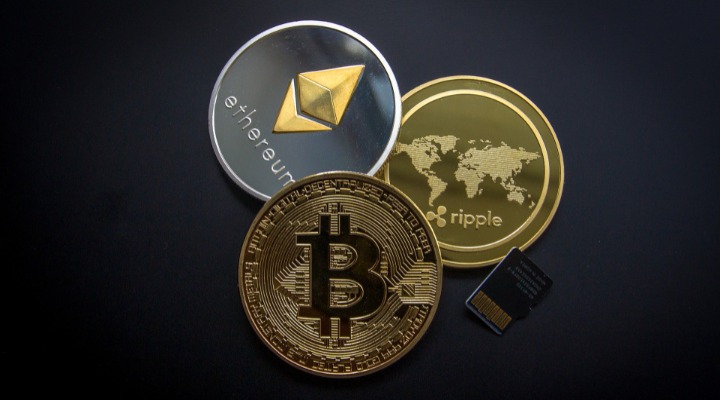Death is inevitable, no matter what you do, you have to face it. Ironically we live our lives as if it’s something that won’t happen to us. Michael Jackson had a team of 50 doctors, physicians, cooks etc. Everything he ate and did was under their consultation as he wanted to live for 150 years. Sadly he died a century short at a ripe age of 50 years.
We all care for our family; even after our death, we want them to live safe and sound, and that’s the sole reason we prepare ‘Will’ for them, which includes our bank balance, cars, assets but have you ever thought about what will happen to your Bitcoins after your death? Or Can you put cryptocurrency in your will?
Bitcoins are a virtual form of money protected by unbreakable cryptography, it is one of the safest ways of investment, but most cryptocurrency exchanges don’t permit you to name a person or a contact as a nominee when you make the investment; in such a case, the first thought that will hit your mind is, what’s the point of investing in a market currently worth about $70 billion if my digital fortune will be out of reach, after my death?
A few of the most popular forms of cryptocurrency include the below, and indeed if you are surprised to read these names, you must have landed from the moon.
- Bitcoin
- Ethereum
- Dogecoin
Presently, there are over 1,500 cryptocurrencies globally, and amongst them, Bitcoin is by far the most widespread digital currency at the moment, with over 8 million active Bitcoin users. The Revised Uniform Fiduciary Access to Digital Asset Act (RUFADAA) sets the rules and regulations surrounding digital account ownership, and if you’re planning to invest in digital currencies or already have invested in, then you must consider and get yourself familiarize with the RUFADAA and update your wills, trusts, and POAs, according to rules, which eventually will help your beneficiary after your demise.
According to expert reports, 2.5 million to 4 million bitcoins have been lost until today, worth between $15 billion to $24 billion in the current market. The worst thing is most of those Bitcoins are from those who’ve died without sharing a private key with their heirs.
Who can access your digital account after your death?
The private key or password is the only option to get into a crypto account, and no one can’t get into it while you are alive. All the cryptocurrencies are stored on highly secure blockchain technology, so before setting your private key, think twice and note it down somewhere safe as there’s no option to recover once you lost the key. A private key is an inevitable password, which is generated when you create a new cryptocurrency account.
The private key allows the account holder access to the account valuables; along with the private key, every individual account uses a sequence of random characters called a public key, apparent to anyone for sending and receiving the cryptocurrency. Overall, the process of accessing your account is not hard to understand if you make sure you’ve shared a private key and all the details of your cryptocurrency wallet with your recipient before your death, but at the same time, it raises a safety concern too.
Currently, Coinbase is the only cryptocurrency that allows access to an investor’s trusted family member after providing several documents, including a death certificate and the last will. Also, Coinbase users can name a recipient on their Coinbase account while creating a new cryptocurrency account.
Where to store the private key?
There are several safety options to store your cryptocurrency account’s private key; for instance, you can keep it somewhere online or write it down on a piece of paper and hide it somewhere safe. But both these options are way too traditional and raise concern over conventional safety. Some banks and trusts allow you to store wallets and private keys on behalf of clients and even assist your beneficiaries. Still, if you don’t trust these banks and trusts, you can just divide your private key into two parts and put it in two different banks or trusts, but just make sure your beneficiaries know about the sequence. The option you choose is completely up to you.
What is the legal status of cryptocurrencies in India?
Cryptocurrencies are not illegal in India, but unfortunately, India does not have a regulatory framework to govern and control the cryptocurrencies network in the country. The government had constituted an Inter-Ministerial Committee (IMC) to study virtual currencies on November 2, 2017, and flagged reservations around its misuse by embedding the security reasons.
However, after several cryptocurrency exchanges urged the Centre to regulate virtual coins rather than banning them, now the government is planning to change their old motto, and maybe soon they’ll set up a panel to control them. So if you plan to keep your billion dollars fortune parked in Crypto, you better tell your next of kin the key for it, or it will lose forever in the mining world.


